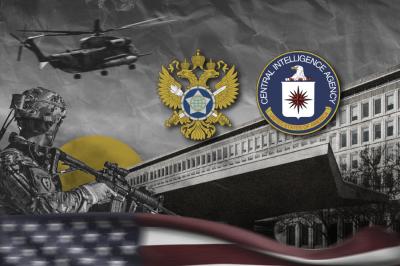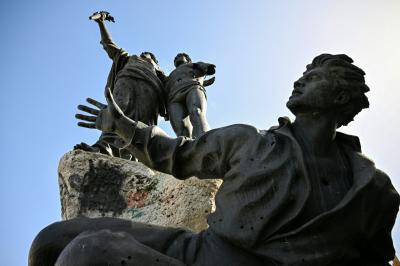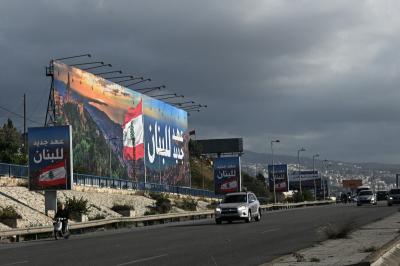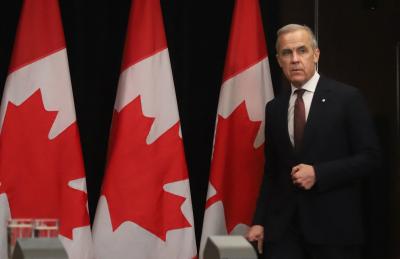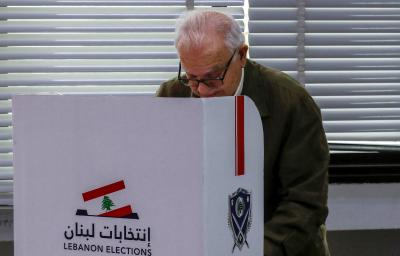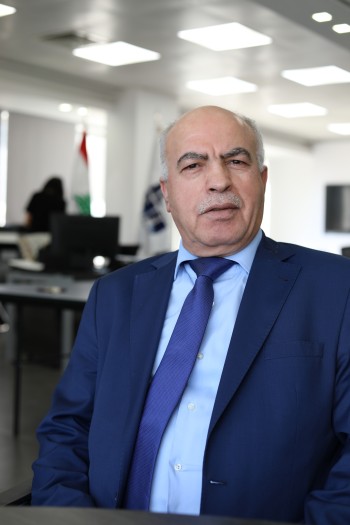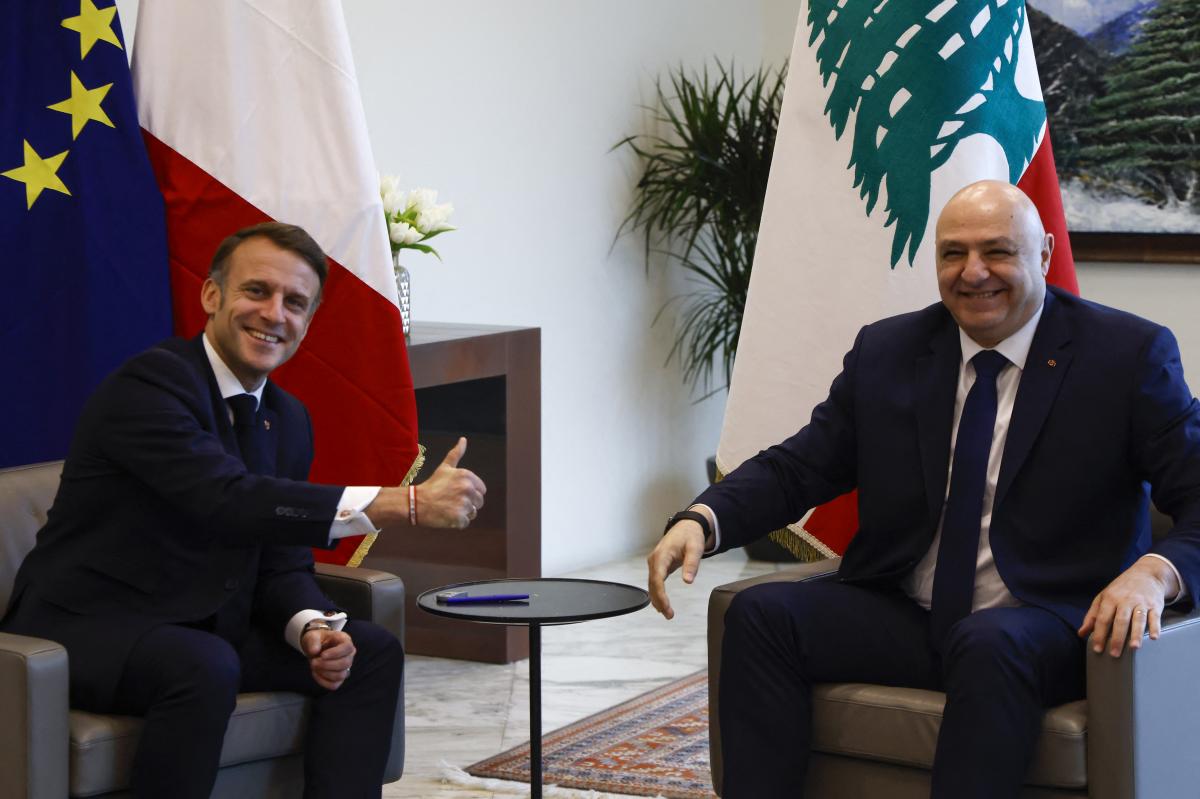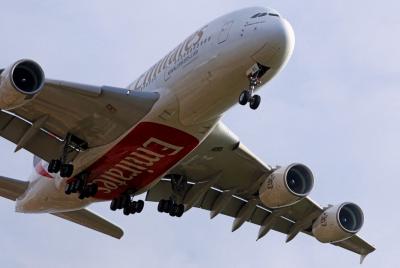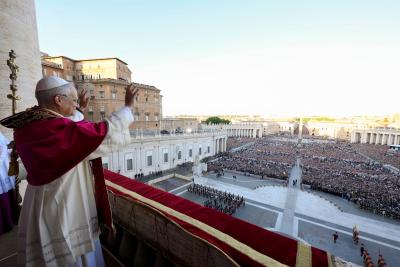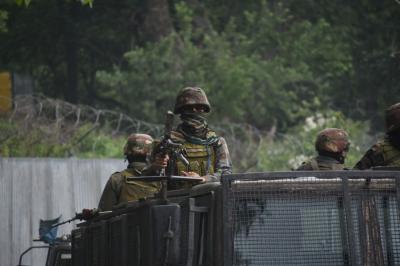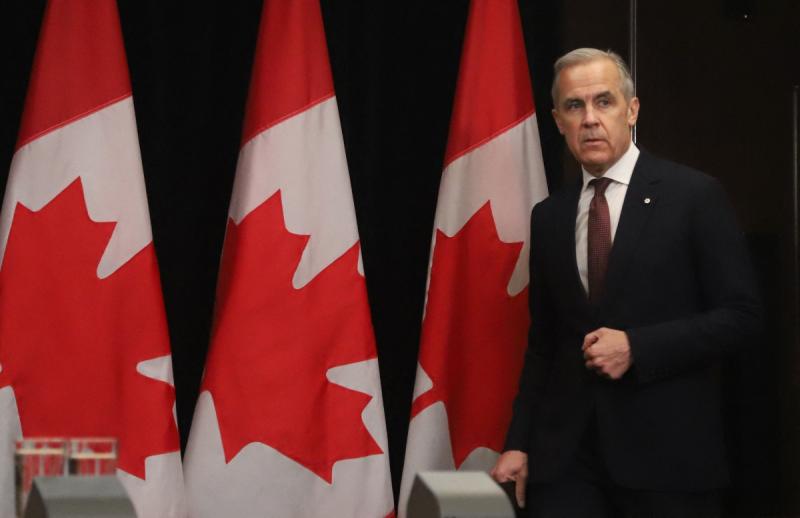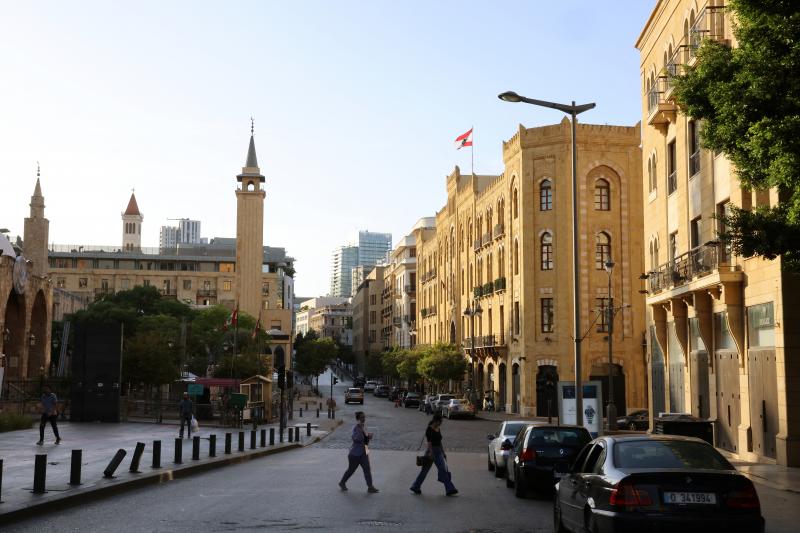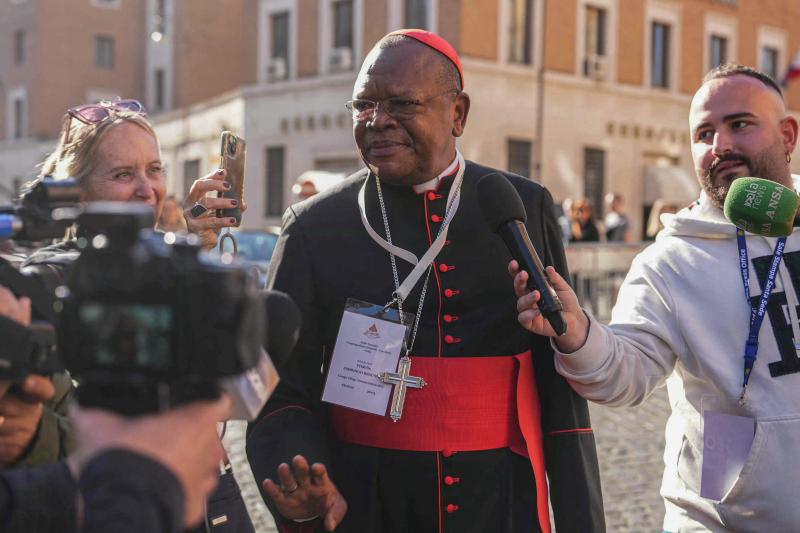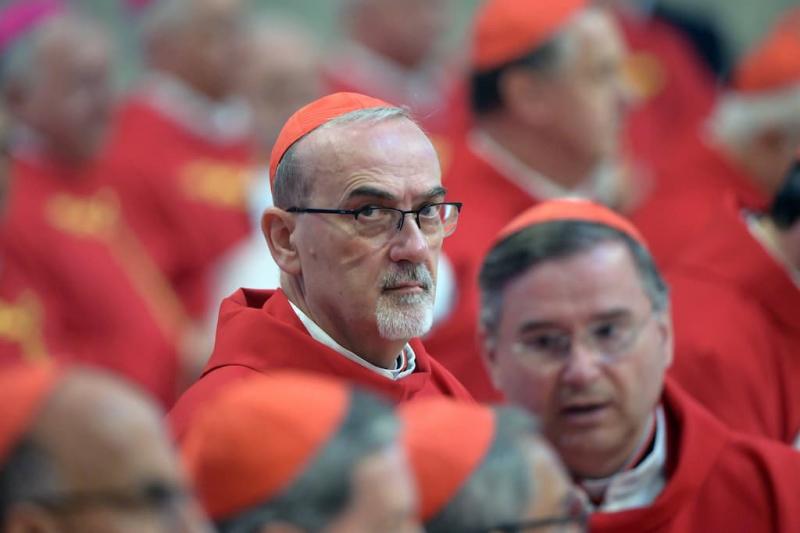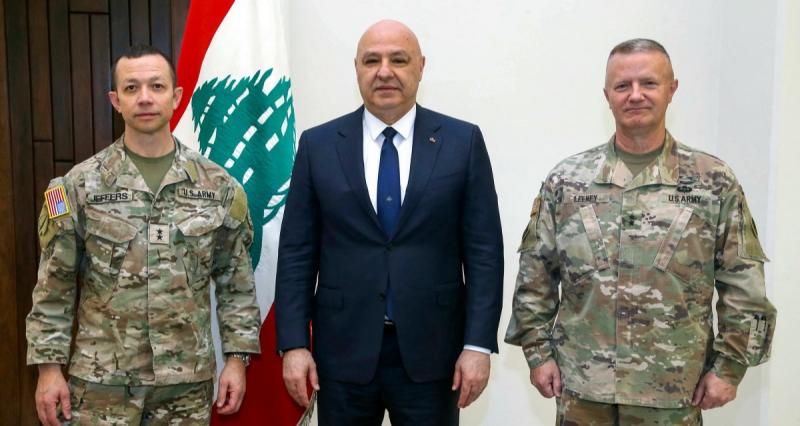Lebanon is "on the brink of a better future," according to UN Secretary-General António Guterres during his recent visit to Beirut. His trip came just ten days before the expiration of the 60-day ceasefire in the south, during which Israel is expected to withdraw from the southern region it occupied in the recent war. This withdrawal would pave the way for the full implementation of UN Security Council Resolution 1701, in line with the ceasefire agreement reached on November 27.
Many Arab and Western leaders share Guterres' optimism about "a brighter future" for Lebanon, following what he described as "one of the most challenging years" in the country's history. Among them is French President Emmanuel Macron, whose visit to Beirut coincided with that of the UN chief. Macron’s trip also carried an indirect message to Turkey, which has expanded its influence in Syria and is now seen as a potential threat to Lebanon following the recent fall of the Assad regime. Paris, in alignment with several Arab states, is actively working to counter Turkish ambitions, fearing the establishment of a Muslim Brotherhood-inspired government in Syria, despite assurances from Ahmed Al-Sharaa, leader of the new Syrian authorities, that he seeks a diverse and inclusive political system.
During his visit, Macron reiterated France’s support for "Lebanon’s new leadership" and announced plans for an international conference in Paris "within the coming weeks" focused on Lebanon’s reconstruction. "The international community must prepare for broad support to rebuild Lebanon’s infrastructure," Macron emphasized, stressing the urgency of implementing the ceasefire agreement between Hezbollah and Israel. Notably, ahead of his trip to Lebanon, Macron had a phone call with Saudi Crown Prince Mohammed bin Salman, during which they agreed on their support for the formation of a competent and effective Lebanese government. They underscored the importance of reforms and the need to solidify the ceasefire with Israel, viewing the election of President Joseph Aoun and the appointment of Nawaf Salam as Prime Minister as steps toward a new beginning for Lebanon and a positive signal to the international community. Both leaders also pledged their backing for Lebanon’s new authorities in their consultations to form a government that represents the country's diverse population. They further emphasized the necessity of implementing reforms to achieve stability and prosperity, as stated by the Élysée Palace.
Observers see this French-Saudi development as a "positive message" aimed at rallying international support for Lebanon. It also signals the emergence of an Arab-international alliance to prevent Syria from straying too far from its Arab roots. The goal is to establish a governance model in Damascus similar to the one outlined by the Taif Agreement in Lebanon, given the sectarian diversity in both countries, which necessitates a pluralistic and inclusive political system rather than single-party rule.
However, the United States remains the most deeply engaged actor in Lebanon’s current political and diplomatic "workshop," so to speak. For Washington and its Western and Arab allies, the time has come to reap the results of all that has transpired in Lebanon and the region since the "Al-Aqsa Flood" operation on October 7, 2023. Reports suggest that U.S. President Donald Trump may visit Lebanon later this year to inaugurate the new American embassy complex in Awkar—a visit that many see as a pivotal moment in advancing Lebanon’s path to recovery and signaling Washington’s direct strategic interest in the country and its broader Middle Eastern agenda.
Political and official sources suggest that Lebanon is heading toward a long-term and possibly sustainable period of stability, regardless of the outcome in the "new Syria." This is especially true if UN Resolution 1701—originally passed in 2006—is fully implemented in southern Lebanon in a manner that prevents future conflicts along the border. Should this occur, Lebanon would be able to focus on addressing its internal crises and enacting comprehensive reforms while also reconstructing areas devastated by the recent war, with substantial Arab and international assistance.
Once Lebanon’s new government is fully established, President Joseph Aoun is expected to convene a National Dialogue Conference to outline a clear roadmap for completing the implementation of the Taif Agreement. The conference will also address a national defense strategy, as Aoun pledged in his inaugural speech, to resolve the issue of arms and define Lebanon’s approach to defending itself against external threats. Additionally, discussions will be held on a new electoral law based on proportional representation, as stipulated in the Taif Agreement, to ensure fair and inclusive parliamentary elections in 2026.
Political circles suggest that the new government will be primarily responsible for clearing obstacles that could hinder Lebanon’s much-needed reform agenda. Contrary to speculation that it will be a mere transitional government, it is expected to be a foundational government for the "new Lebanon"—one that will emerge within the framework of a new regional order shaped by ongoing international and regional negotiations. Diplomatic sources reveal that U.S.-Iranian talks have recently commenced in Geneva, running parallel to Iranian-European negotiations. These discussions are taking place in light of Iranian President Masoud Pezeshkian’s remarks at the UN in September, where he expressed Tehran’s willingness to engage positively with the West and communicate with the American public in a conciliatory tone.
Amid these developments, political and official sources express optimism about Lebanon’s future, emphasizing that the country must seize the opportunities available to it—especially the Arab support that has been absent for years, leading to Lebanon’s financial and economic collapse. These sources are also hopeful that Lebanon’s political landscape will improve, fostering dialogue among various factions. As the new government embarks on reconstruction and reform efforts, political actors are expected to reassess their positions and embrace a spirit of openness, potentially forging new alliances in preparation for the pivotal parliamentary elections scheduled for the spring of next year. After all, in politics, there are no permanent enemies or allies—only shifting interests that shape alliances and strategies.
 Politics
Politics
